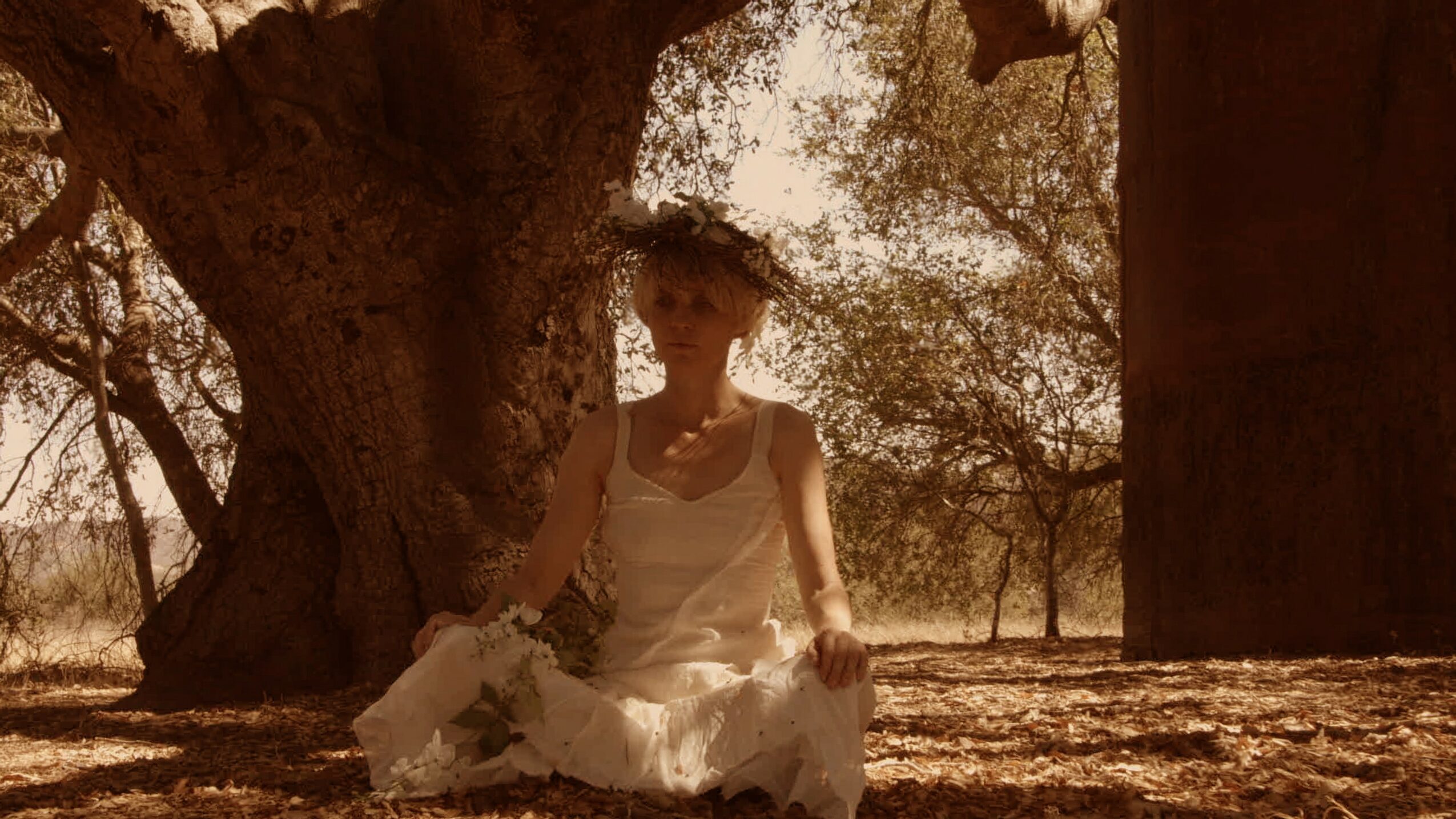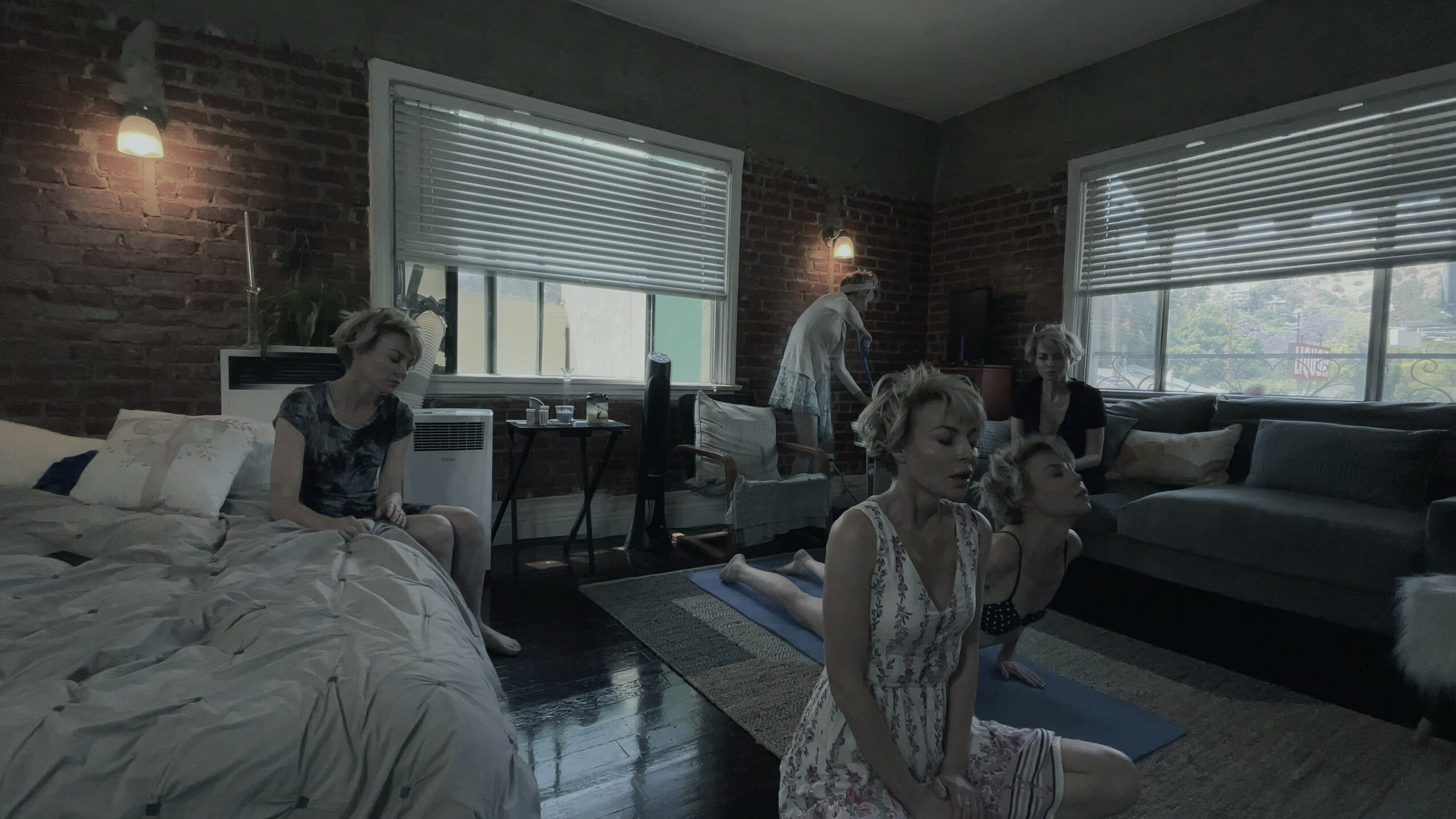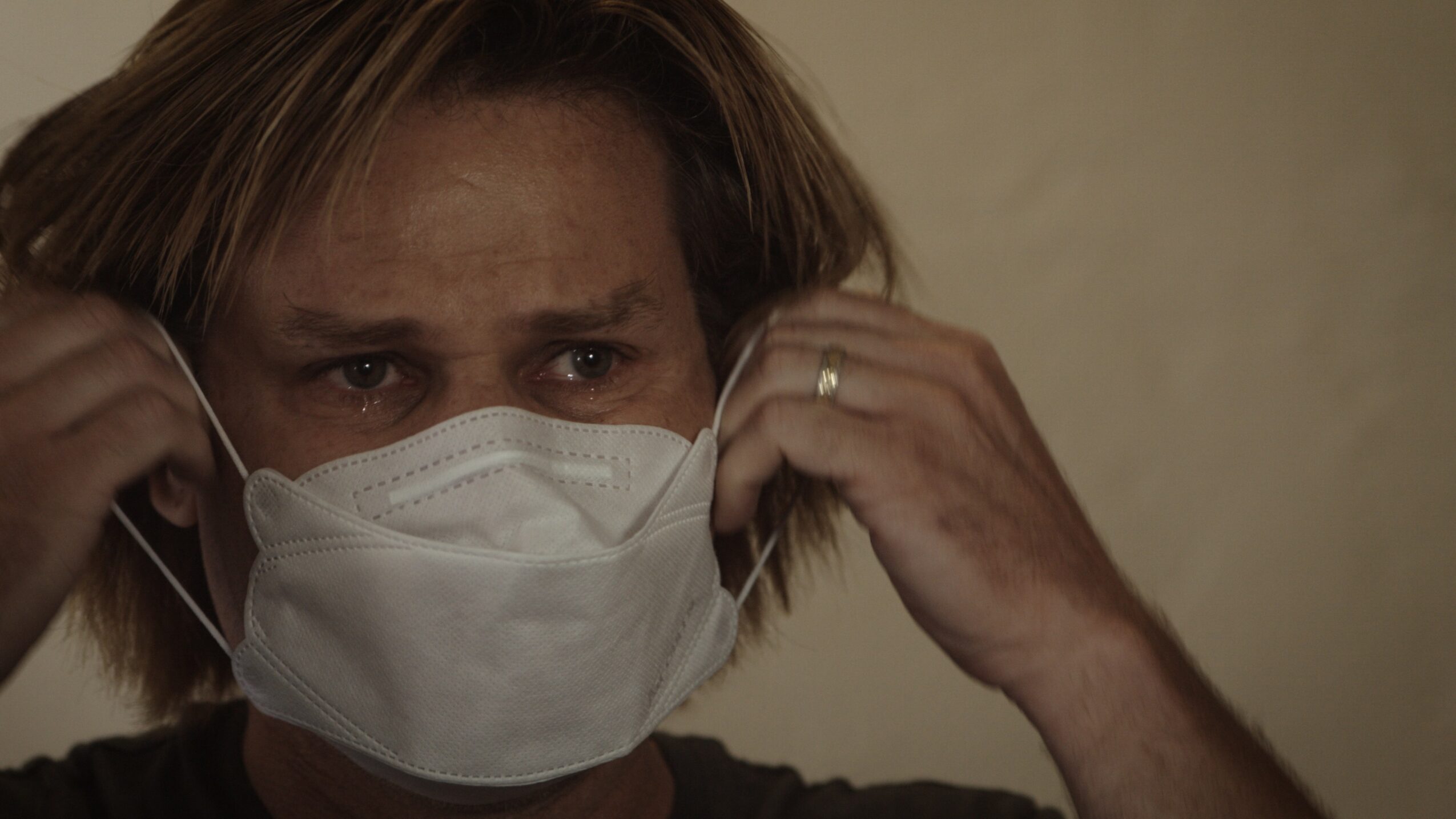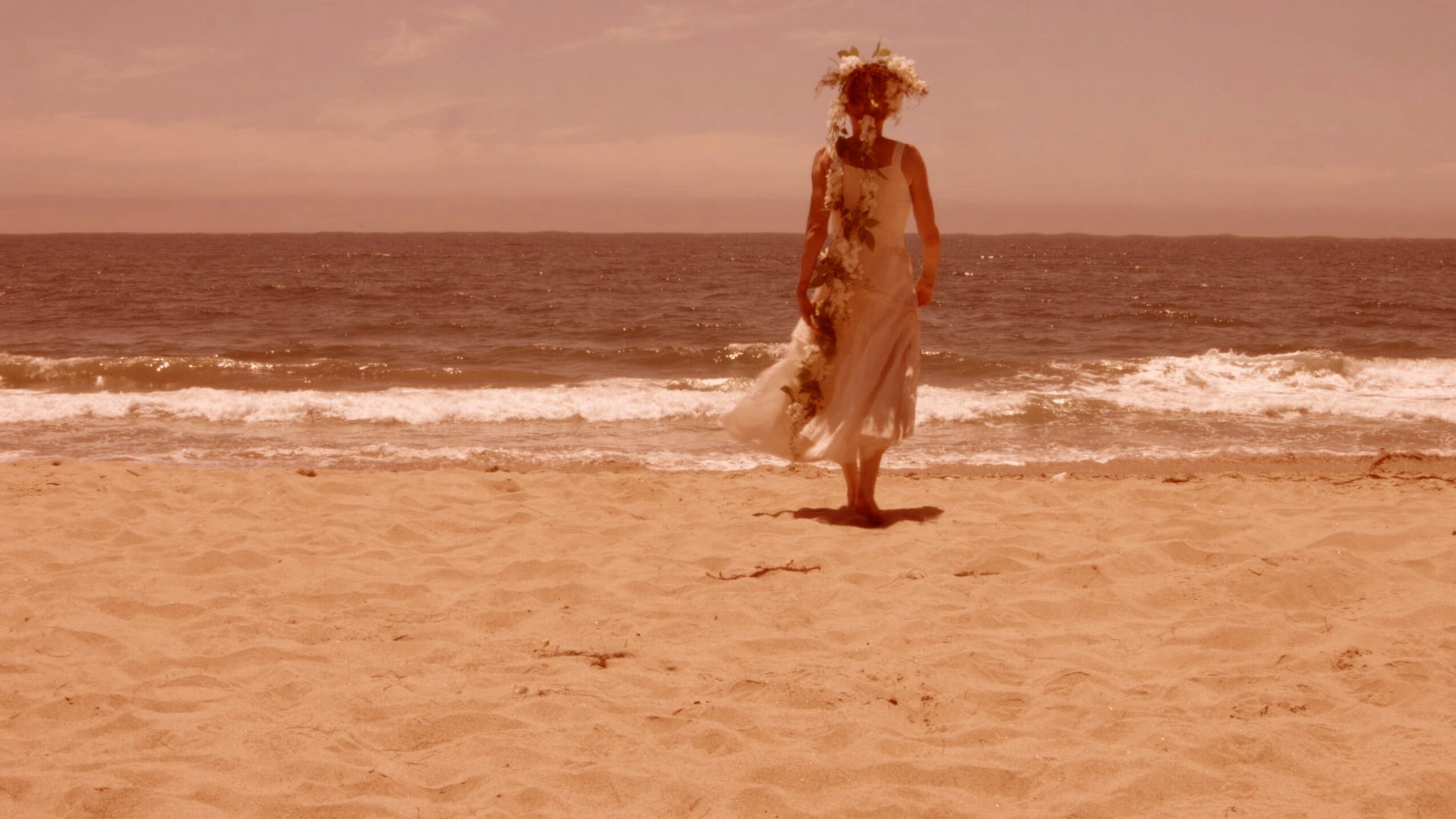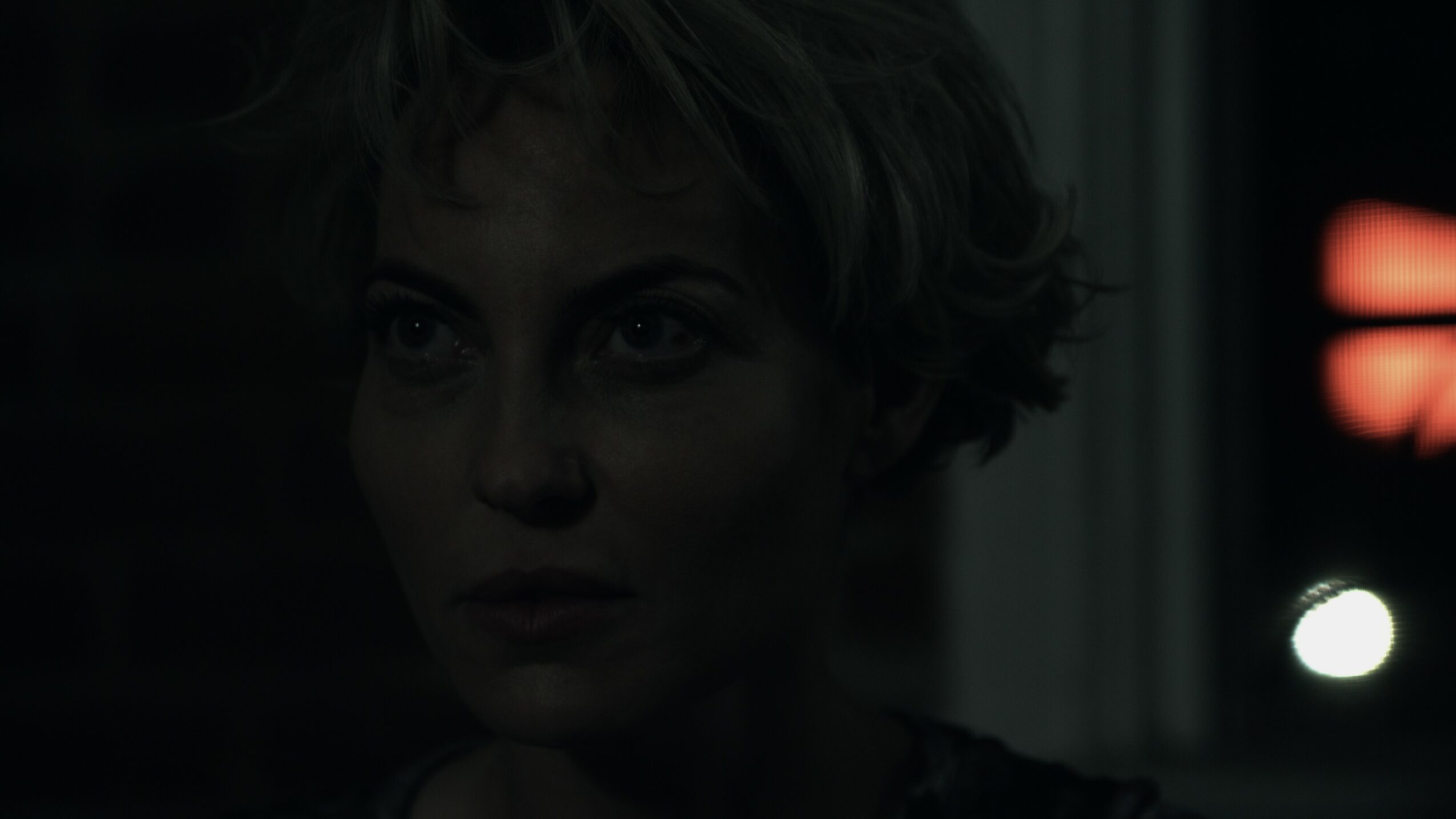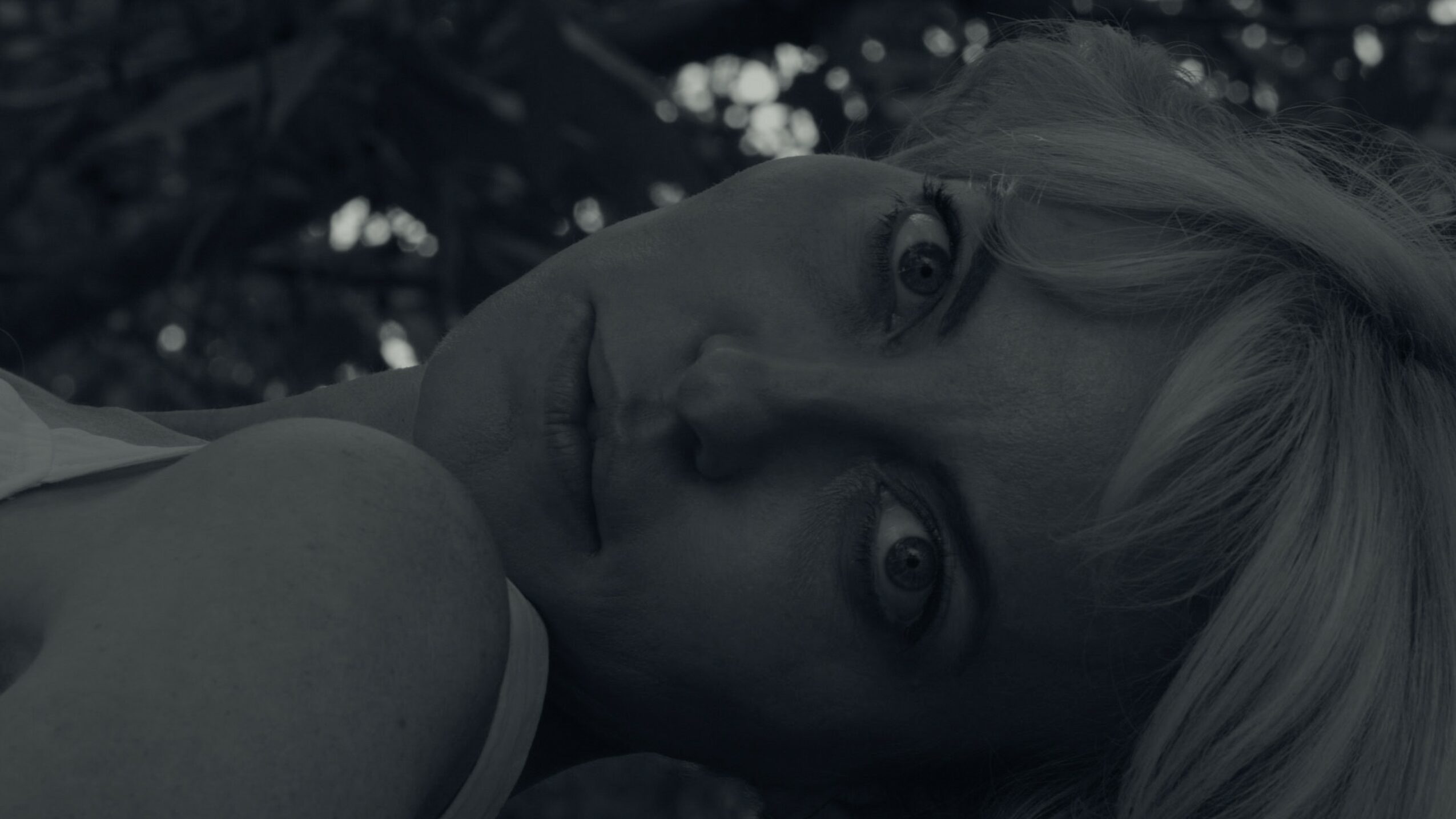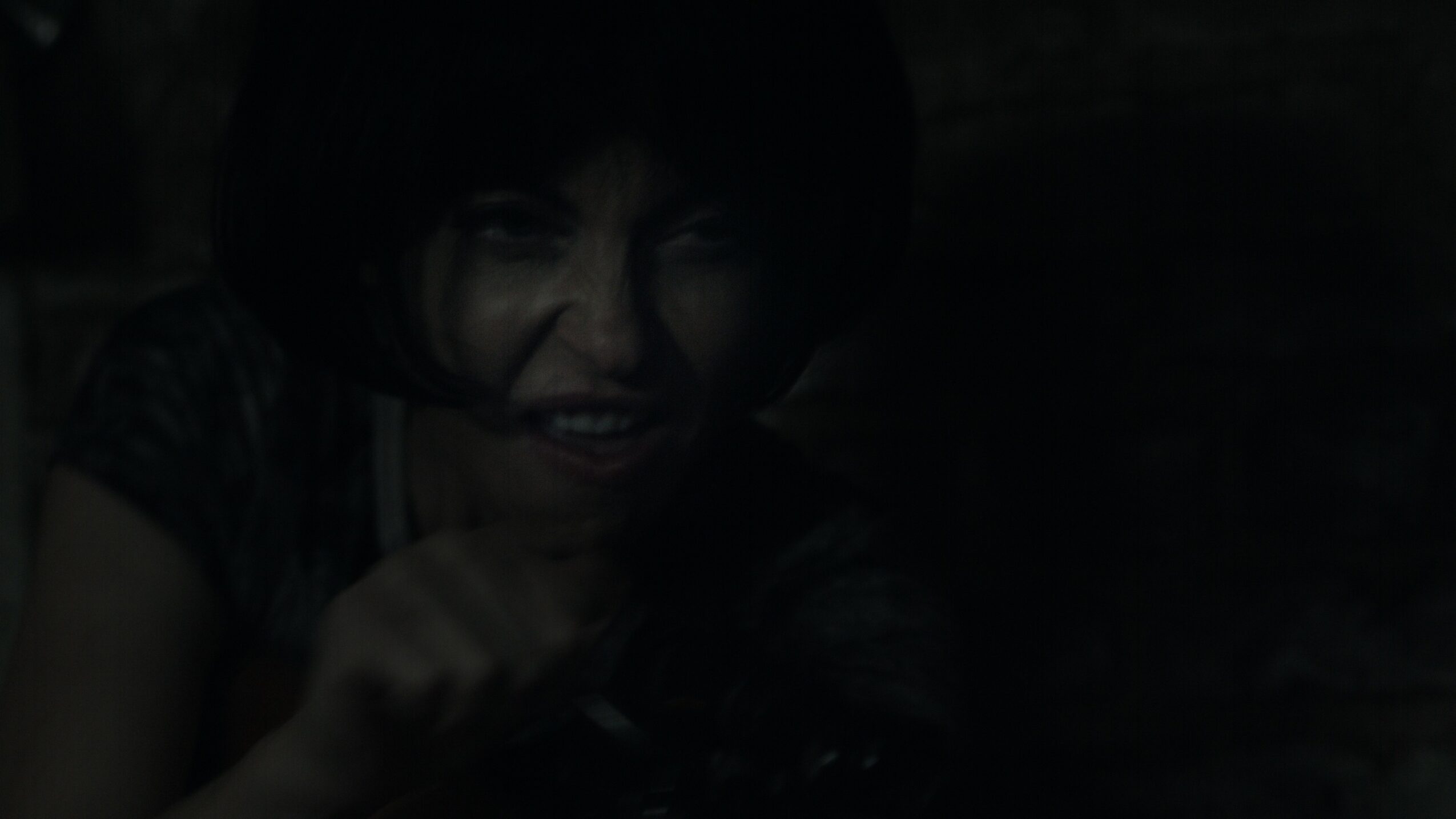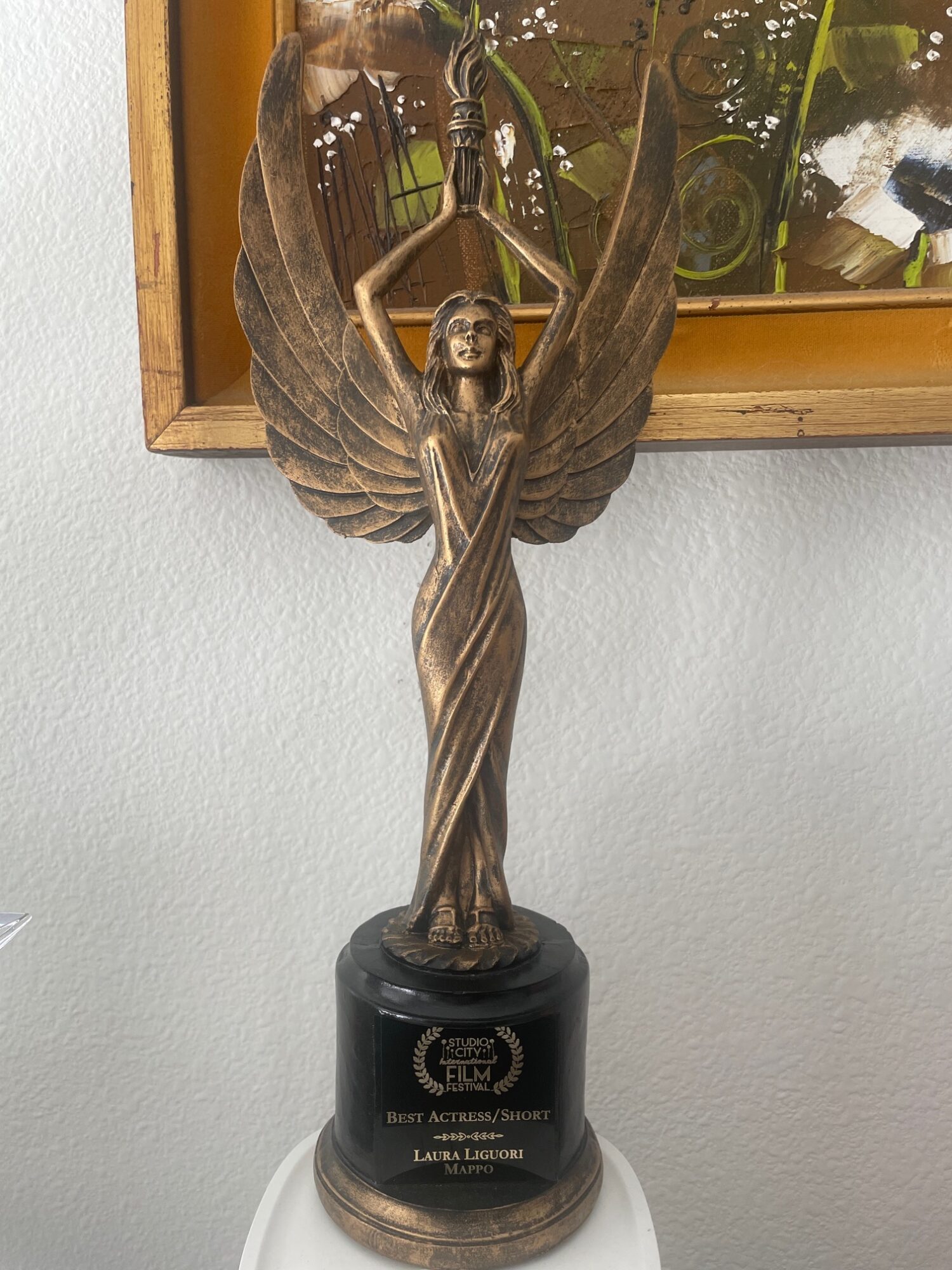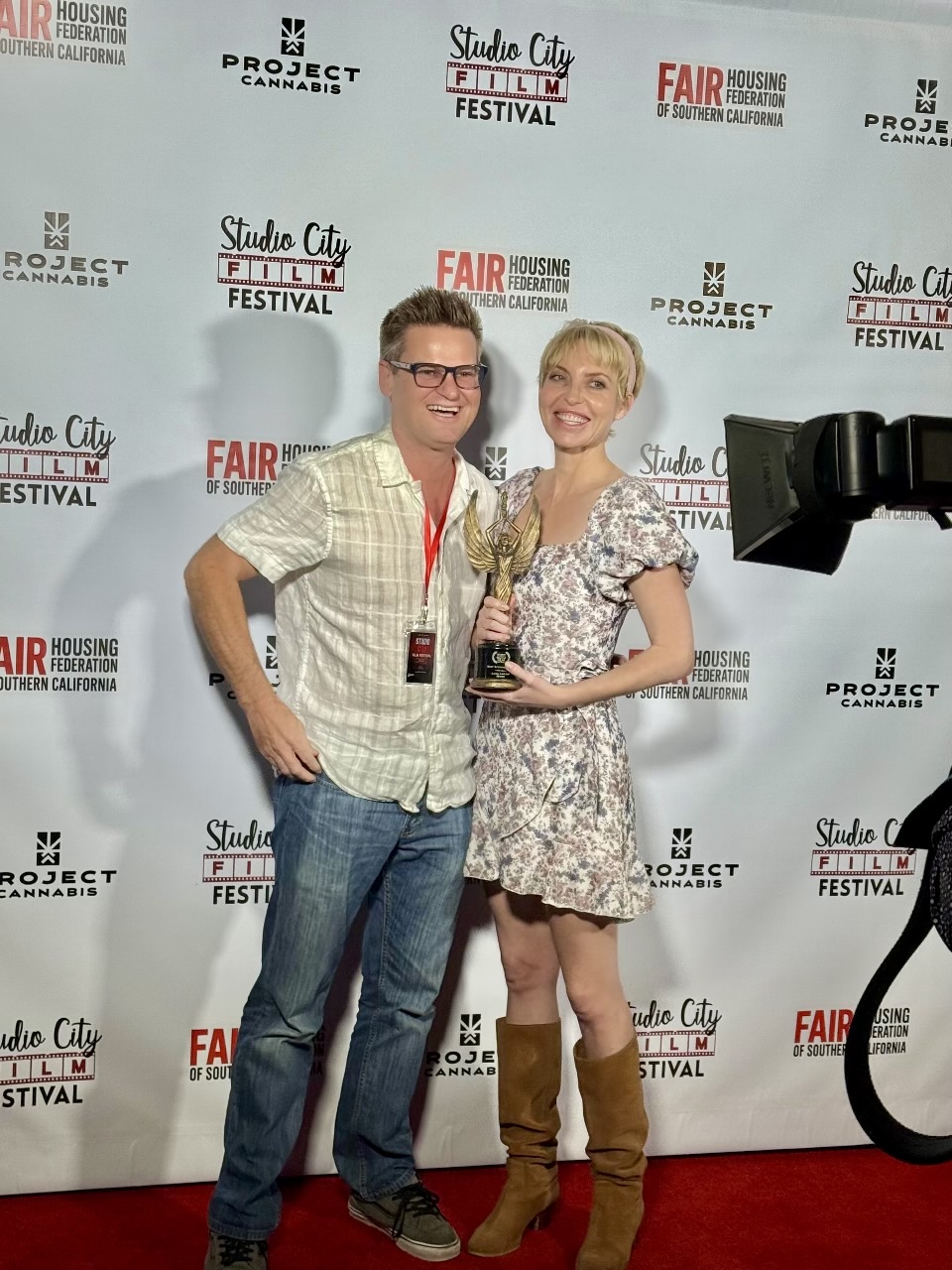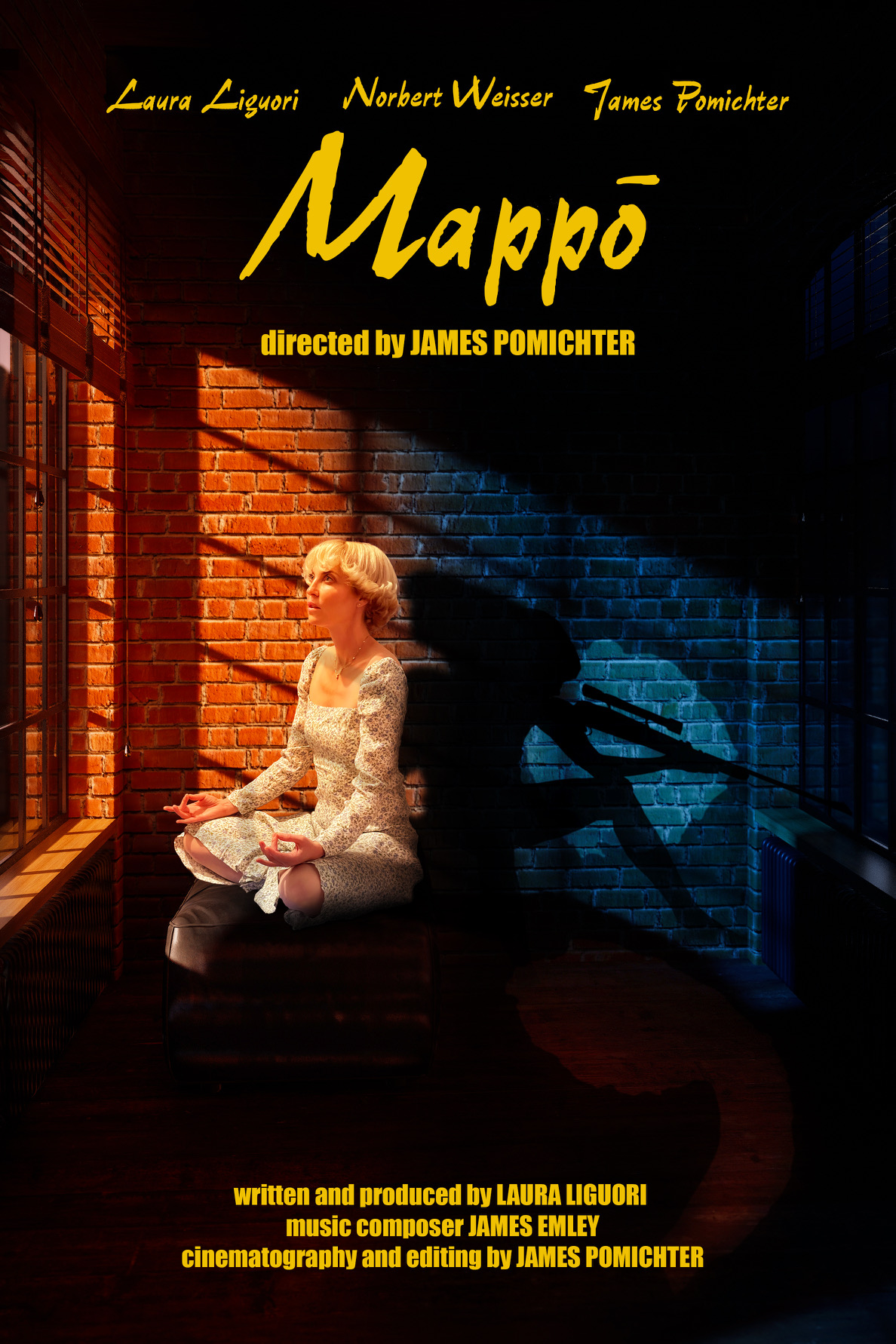

We’re looking forward to introducing you to Laura Liguori. Check out our conversation below.
Good morning Laura, it’s such a great way to kick off the day – I think our readers will love hearing your stories, experiences and about how you think about life and work. Let’s jump right in? Have you ever been glad you didn’t act fast?
I think a ‘pause’ is always smart. I have strong intuition and am usually pretty in-sink with it but a good ‘pause’ before reacting is always wise.
Can you briefly introduce yourself and share what makes you or your brand unique?
Thank you so much for inviting me to share about our upcoming film “Mappō”.
“Mappō” was premiered at the 13th Annual Studio City Film Festival on September 1, 2025 at 6pm at the Laemmle NoHo 7
Theatres in North Hollywood (5240 Lankershim Blvd, North Hollywood, CA 91601) . I am happy to announce “Mappō” is now an award winning film! I was presented “Best Actress in a short film” at the awards ceremony on September 4, 2025.
“Mappō” was written and produced by me, and directed by James Pomichter. Guest starring actors include renowned actor Norbert
Weisser. Music was created by composer James Emely.
Our film’s title is derived from Nichiren Buddhism.
“Mappō” describes the “end of days for the human race” as it is the age of the degeneration of the Buddha’s law, which some believe to be the current age in human history. “Mappō” takes place during the quarantine of the Covid-19 Pandemic, in which an eccentric/fragile woman (Laura Liguori) loses her sense of self when abandoned by her lover. When a grief stricken neighbor (James Pomichter) leaves a family heirloom rifle in her care while he attends his fathers funeral, she starts on a downward spiral, despite her remote therapist’s best efforts to ease her depression.
Through isolation, and the use of pharmaceuticals, she becomes intertwined with a spirit, which guides her into committing an awful crime. She believes that humankind has become ill because the earth itself is ill due to humanities failures to take care of their ‘home’ or ‘the earth’.
Note:
*In 2022, Yale University’s Beinecke Library of Rare Manuscripts miraculously gave me the personal love letters of late Italian Actress Eleonora Duse (1858-1924), which she wrote to her lover, Gabrielle D’Annunzio, over a two year period. I then had the letters translated from Italian to English. Portions of these private letters are spoken in the voiceover during the film. Eleonora Duse was abandoned by Gabrielle D’ Annunzio in 1910, as he was disillusioned and consumed with his many addictions. After Duse’s death in 1924, he stated, “The one whom I did not deserve has died.” D’Annunzio later claimed to communicate with her spirit until his death in 1938. I derived great inspiration from her text.
BIO:
My love of performance and theatre started early. I am originally from Scottsdale, Arizona.
Currently, I can be seen in Jerry Bruckheimer’s TV series “American Gigolo” available on Showtime/Paramount+ in the role of Elizabeth Shannon House as well as the award-winning film, Hollywood Girl: The Peg Entwistle Story, available on Amazon Prime.
Since, I love the theatre more than life itself, I am very happy to learn that AI will not replace it. I have spent half of my life working with OFF OFF Broadway pioneer, Murray Mednick, who is now 86 years old. Some of my Theatre/Off Broadway credits include: starring in the NYC premiere of Murray Mednick’s “Mayakovsky and Stalin.” Previous theater credits include the world premiere of Tania Wisbar’s and Broadway producer, Jonathan Sanger’s, critically-acclaimed World War II play, The Red Dress, in which she portrayed a famous German actress at odds with the Nazi regime; the role of “Marilyn Monroe” in Marilyn, Madness, and Me; and the leading role of “Laura” in all six of Mednick’s The Gary Plays, which were work shopped over the course of two years prior to a full production of the entire sextet by Open Fist Theatre Company. Previous stage production credits also include “Between Pretty Places” which premiered in Los Angeles and New York at the HERE Arts Center in Soho.
I was classically trained at the Oxford School of Drama in Oxford England and Loyola Marymount University in Los Angeles.
Great, so let’s dive into your journey a bit more. Who taught you the most about work?
Playwright Murray Mednick taught me the most about the theatre. He taught me the importance of listening. Staying present. Through his direction, I learned how important ‘rhythm is in dialogue. Murray, experiments a lot in the theatre. Good actors can make almost anything work. I love difficult creative work. Work that takes a village to build.
“Mappō” was an experiment unto itself. I’m not afraid to to take creative risks because of Murray. “Mappō” was based upon a painting that I created during the quarantine period of the pandemic. From the painting, came a poem, from the poem came the script.
When did you stop hiding your pain and start using it as power?
I guess, right this second. I didn’t want to release “Mappō”. I was afraid. This work, is incredibly personal. I was very in love at the time I wrote this film, and unfortunately, ended up getting hurt very badly. “Mappō” is like a little time capsule of heartbreak for me. That being said, this work is truthful. I can stand by that. I held the mirror up to a rough time that many of us experienced during the pandemic. I’m proud of that. I have practiced Nichiren Buddhism for 18 years. I chant nam myo ho renge kyo every day. It is through my spiritual practice that I have learned that all suffering can be transformed into something beautiful if we allow for it to pass through ourselves and not get stuck. Poison into medicine.
Next, maybe we can discuss some of your foundational philosophies and views? What do you believe is true but cannot prove?
“Mappō” touches on the concept that human beings have become ill because our earth is ill. When the “woman” in the film is offered anti-depressants by her psychiatrist to assist with her sadness during the quarantine, she refuses them.. She asks him instead, “could the earth take an anti-depressant?” The woman sees the earth as hurt. Fleeced. Flooded. Polluted. Burned and abandoned. She also sees that reflected in how human kind is treating one another. She takes it further, and realizes that she has abandoned herself, her values, her core beliefs. Thus, if we abandon ourselves, we most certainly will abandon each other, and our environment will be a reflection of that choice.
I believe that human beings mistreatment of our planet may indirectly (cause/worsen) many illnesses (physical/emotional) that we suffer with today. Like perhaps there is an invisible chord that connects us all to each other and to the planet as a whole.
Okay, we’ve made it essentially to the end. One last question before you go. If immortality were real, what would you build?
A beautiful soul. Gurdjieff’s philosophy suggests that soul is mistakenly misunderstood as something that is ‘fixed’. Gurdjieff believed the soul must be built and crafted through conscious effort, self observation, and human revolution.
Contact Info:
- Website: https://www.lauraliguori.com
- Instagram: liguori.laura
